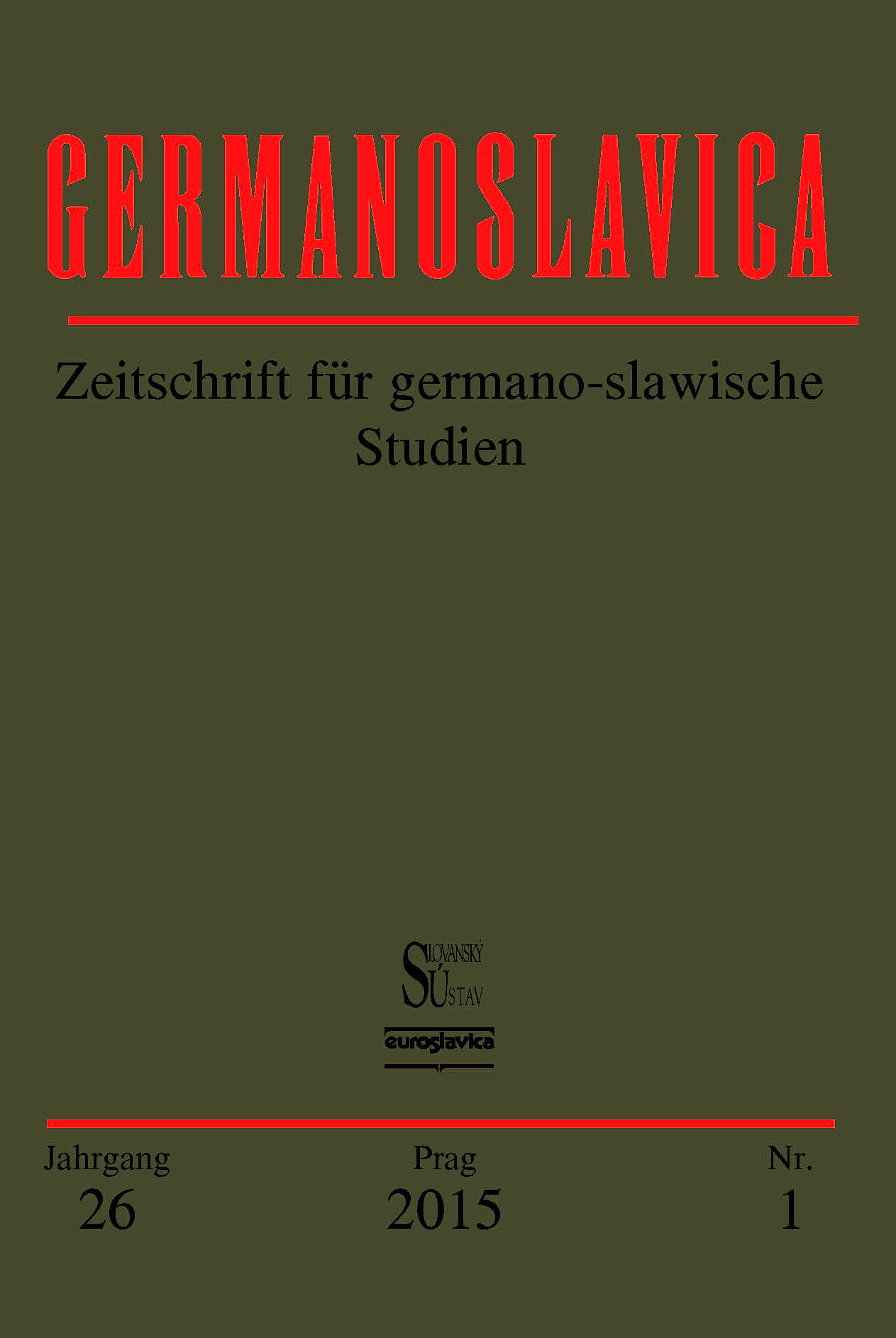„Denn mein Unglück ist ein schwankendes Unglück“. Das unmöglich gewordene Leben und das Thema der Anfängerschaft in Kafkas Beschreibung eines Kampfes und Rilkes Aufzeichnungen des Malte Laurids Brigge
“Because my unhappiness is a wavering unluck”. Writing on the Edge of an Endless Start: a Comparative Analysis of Kafka’s Beschreibung eines Kampfes and Rilke’s Aufzeichnungen des Malte Laurids Brigge
Author(s): Barbara Di NoiSubject(s): Comparative Study of Literature
Published by: AV ČR - Akademie věd České republiky - Slovanský ústav and Euroslavica
Keywords: Comparative Analysis of Kafka; Beschreibung eines Kampfes ; Rilke’s Aufzeichnungen; Malte Laurids Brigge
Summary/Abstract: Both R’s novel Die Aufzeichnungen des Malte Laurids Brigge and K’s fi rst narrative Beschreibung eines Kampfes were written between 1904 and 1910. They mark the point of a new beginning – which by R represents the search of the „sachliches Sagen“ – and for K the fi rst literary work; although it was not published as a whole by his author, Beschreibung eines Kampfes still already contains in nuce all themes and paradoxes of his future work. Both are written in the fi rst person narrative, which should make the identifi cation of the main character with the author easier. Actually they put in scene a motion or, for K, „ein stehendes Marschieren“ which goes through the temporal space of the reading and whose aim should be the place, where both the author and the fi ctional I are to be found since the very beginning, the „Ort“ of the writing. Both works bear strong selfrefl ecting features, as concerned with a writing on the edge, in which the borders of the text are also the borders of the “I”. This aim of the writing cannot be reached by a linear movement, as it is placed at the turning point of the inversion („Umkehrung“). This underlines the character of selfrefl ection and explains the impossibility of true accomplishment. R’s and K’s Anfängerschaft is also the starting point of a new beginning, which must be achieved again and again.
Journal: Germanoslavica
- Issue Year: XXVI/2015
- Issue No: 1
- Page Range: 58-83
- Page Count: 26
- Language: German

